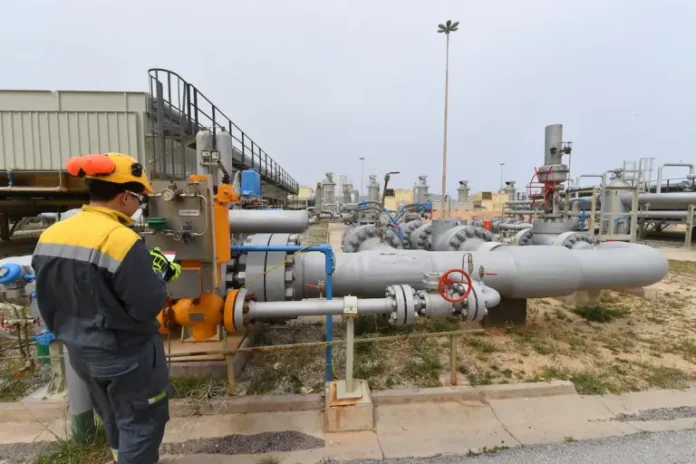The cooler temperatures in the north and the more moderate climates of central Italy will have longer heating times than those living in colder weather regions. This plan, which has already been established by Mario Draghi’s government, will set certain regions as polar zones with varying daily temperatures. This will help eliminate idle power use by dividing Italy into six climatic zones, saving 3200 m3 of gas every month.
The Italian energy-saving plan will be applied by the end of September. According to the Italian media, according official sources in the Italian executive branch, Italy could save 5.3 billion cubic meters of natural gas, which would reduce heating and increase electricity use from forms other than coal or oil.
I’m going to focus particular attention on the plan “possible cessation of gas supplies from Russia.”
In Italy, energy consumption can be a big issue because electricity is linked to the volume of imports. To try to save power, they have implemented new guidelines in order to cut down on gas usage across the country and promote some common behaviors. They are also reducing the amount of heat coming from their homes by 1 degree Celsius and their businesses by 17 degrees Celsius. More specifically, they will reduce their heating schedule by 15 days, starting with 8 days at the beginning of October and 7 at the end of December.
The main parameter used to divide countries into 6 different zones is called degree days. The warmer an area is the fewer degrees days it has, and vice versa. Of the areas under consideration, zone A contains the warmest place on Earth. From there, the number of degrees days decreases until it reaches zero for B; then the decrease continues until level D; and finally, levels E and F are reached.
In the context of energy conservation, reducing the boiling time is a matter of fairness because no one will have to make an effort, regardless of the region. The shortest boiling time offered to residents in Italy will not affect hospitals and medical facilities.
Zone A, like in the remote state of Lampedusa, has a heating time limit of 5 hours per day from December 8 to March 7. Zone B, in northern Italy, has a heating time limit of 7 hours per day from December 8 to March 23. In zone C there is a 9-hour heating time limit from November 22 to March 23, and in zone D you can heat for 11 hours per day from November 8 to April 7. In zones E and F there will be no heating limits – although it’s worth noting that they are in the alps!
The government needs to create policies and identify goals that promote a variety of common behaviors among its population.
It’s difficult to keep your home warm during the winter, and it’s even tougher when you live in a Mediterranean climate. Rome, Milan, and Naples are just a few examples of cities where you’ll be able to heat your house on specific dates. To find out more about regional heating patterns, check out the chart we’ve created below.
The most important point for the government in Italy is that they’re trying to promote certain positive behaviors in the hopes of creating a more healthy and eco-friendly country. These include reducing the amount of time one spends showering per day, reducing the heat in the kitchen so that you don’t cook something at full blast without fail, and unplugging any electrical devices even if you think they’re turned off.
Italian Prime Minister Mario Draghi plans for the whole country to not only save but also earn money from gas. The plan consists of 3,200 million cubic meters of gas saved by households, 2,700 million saved by businesses, and 500 million saved through activities like burning coal at power generation plants. Another 2,100 is being saved by activities like saving methane at power plants while 200 million is being saved through investments in things such as insulation.

